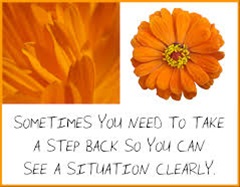Ask Yourself: Is it True – Good – Useful?
In ancient Greece, Socrates was reputed to hold knowledge in high esteem. One day an acquaintance met the great philosopher and said, “Do you know what I just heard about your friend?” “Hold on a minute,” Socrates replied. “Before telling me anything I’d like you to pass a little test. It’s called the Triple Filter Test.” “Triple filter?” “That’s right,” Socrates continued.
“Before you talk to me about my friend, it might be a good idea to take a moment and filter what you’re going to say. That’s why I call it the triple filter test. The first filter is Truth. Have you made absolutely sure that what you are about to tell me is true?”

“No,” the man said, “Actually, I just heard about it and…”
“All right,” said Socrates. “So you don’t really know if it’s true or not. Now let’s try the second filter, the filter of Goodness. Is what you are about to tell me about my friend something good”

The man said, “No, on the contrary…”
“So,” Socrates continued, “you want to tell me something bad about him, but you’re not certain it’s true. You may still pass the test though, because there’s one filter left: the filter of Usefulness. Is what you want to tell me about my friend going to be useful to me?”
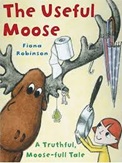
“No, not really…” the man said
“Well,” concluded Socrates, “if what you want to tell me is neither true nor good nor even useful, why tell it to me at all?
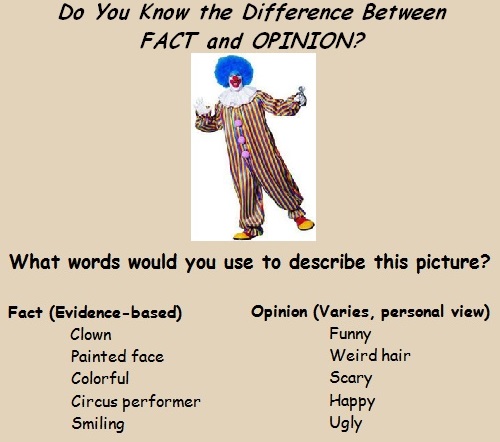

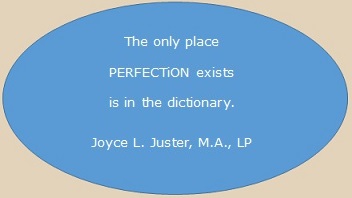
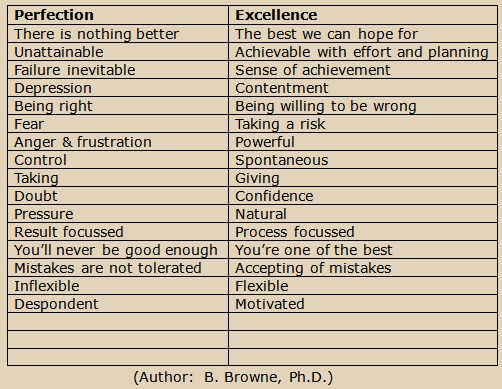

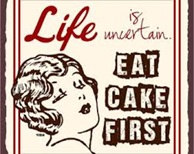




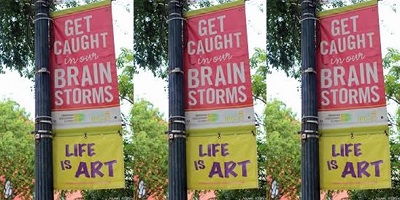

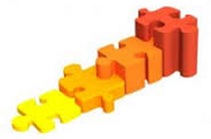 The goal was to identify the colors, not the words—a task that was especially tricky when a word related to a color, such as “blue,” appeared in a different color, such as red.
The goal was to identify the colors, not the words—a task that was especially tricky when a word related to a color, such as “blue,” appeared in a different color, such as red.